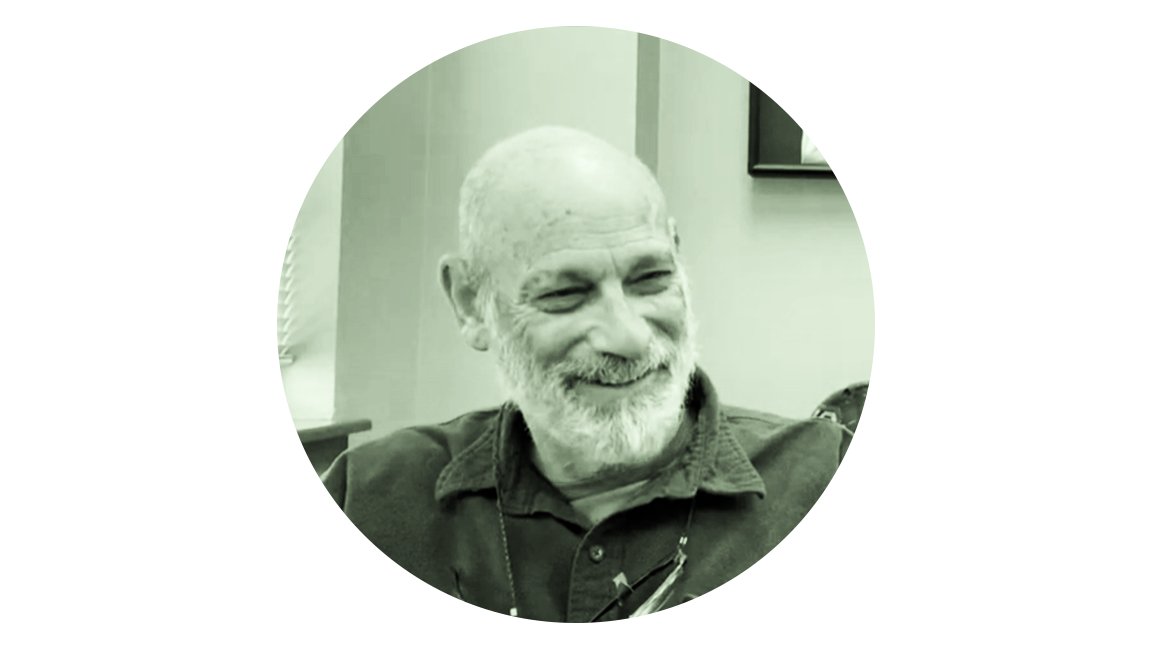Say Goodbye to Headaches, Nausea, Heart Palpitations, Brain fog, cognitive difficulties and more
At Hope Brain and Body in Chadds Ford we have a personalized treatment for your specific case of Dysautonomia / POTS. Let's discover and treat that together. Contact us today!

The care I have received at Hope Brain & Body Recovery Center has been life-changing. Dysautonomia/POTS is a complex and often misunderstood condition, but the healthcare providers at this clinic demonstrated an exceptional level of knowledge and expertise. They didn’t just treat my symptoms; they took the time to investigate the root causes of my condition and develop a comprehensive treatment plan tailored to my unique needs.
One of the most striking aspects of my experience with Hope Brain & Body Recovery Center is their commitment to patient-centered care. They listened to my concerns, answered my questions, and made me feel like an active participant in my healthcare journey. Their approach was both empowering and reassuring.
Daphnee R. New York
Symptoms and Causes of Dizziness Vertigo
Treatment for Dysautonomia / POTS typically focuses on managing symptoms and may include:
Lifestyle Modifications: These may include increasing fluid and salt intake, wearing compression stockings, and engaging in a structured exercise program.
Physical Therapy: A physical therapist can work with individuals with Dysautonomia / POTS to improve their cardiovascular fitness and minimize symptoms.
Dietary Changes: Some people with Dysautonomia / POTSS find that dietary adjustments, like reducing caffeine and alcohol intake, can help manage their symptoms.
Symptoms of Dysautonomia / POTS
Some symptoms commonly associated with POTS may include:
- Palpitations (awareness of heartbeat)
- Headaches
- Nausea
- Chest discomfort
- Shortness of breath
- Shaking or tremors
- Brain fog or cognitive difficulties
What is Dysautonomia / POTS?
Dysautonomia is a broad term that refers to a group of medical conditions that involve dysfunction of the autonomic nervous system (ANS). The autonomic nervous system is responsible for regulating many involuntary bodily functions, including heart rate, blood pressure, digestion, respiratory rate, and body temperature. When the autonomic nervous system doesn’t function properly, it can lead to a wide range of symptoms and health issues.
One specific condition within the dysautonomia spectrum is Postural Orthostatic Tachycardia Syndrome (POTS). POTS is characterized by an abnormal increase in heart rate when a person moves from a lying down or sitting position to a standing position.
stay hopeful
Treatments for Dysautonomia / POTS
Treatment for POTS typically focuses on managing symptoms and may include:
Lifestyle Modifications: These may include increasing fluid and salt intake, wearing compression stockings, and engaging in a structured exercise program.
Medications: Certain medications can help manage POTS symptoms, such as beta-blockers to control heart rate or vasoconstrictors to improve blood pressure.
Physical Therapy: A physical therapist can work with individuals with POTS to improve their cardiovascular fitness and minimize symptoms.
Dietary Changes: Some people with POTS find that dietary adjustments, like reducing caffeine and alcohol intake, can help manage their symptoms.
Other Therapies: In severe cases, a physician might recommend other interventions, like intravenous saline infusions, to help regulate blood volume and reduce symptoms.
POTS is a complex and challenging condition to manage, and treatment often requires a multi-disciplinary approach involving healthcare providers such as neurologists, cardiologists, and physical therapists. People with POTS may also need to adapt their lifestyle to accommodate their condition and minimize symptom triggers. If you suspect you have POTS or are experiencing unexplained dizziness and rapid heart rate, it’s crucial to consult with a healthcare professional like Hope Brain & Body Recovery Center for a proper diagnosis and treatment plan.
Find the Weakness
Find the neurological brain weakness, causing Dysautonomia / POTS
Vital scan
- EKG blood pressure, arms and legs, pulse ox fingers and toes, 32-page report
- Comprehensive neurological exam of the cortex
Sub Cortex
Brainstem
- Caps – balance, test
Neurolign – video eyes
- Right eye- dynamic test and reading
- FM testing
- Food
- Mold
- Heavy metals
- Cortisol
- Pots/dysautonomia
- Abnormal heart rate
- Blood pressure high or low or fluctuating
- Symptoms
- Lightheadedness
- Dizziness
- Fainting or pre syncope
- Fatigue
- Headaches
- Nausea/exercise intolerance
- Brain fog
- Trouble concentrating
- Chest pain, and… More
Treatment
- Once your full evaluation is completed …
- A program that addresses all weaknesses neurologically will train your nervous system to work optimally.
there is hope for you
In our patients words
Dysautonomia / POTS treatment in Chadds Ford, Pennsylvania
If you have unanswered questions about Dysautonomia / POTS and the treatment methods, or would like to take the first step towards an improved quality of life, reach out to the specialists at Hope Brain and Body Recovery Center today!






